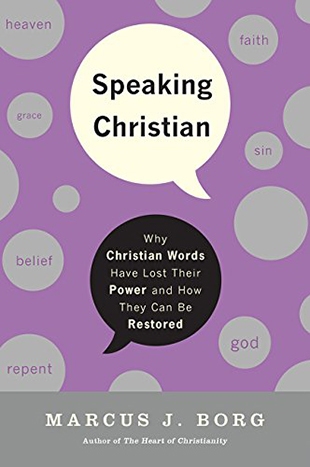"Christians have often made being Christian very complicated, especially those forms that emphasize believing the right beliefs. Infant baptism or adult baptism? Predestination or free will? Does the Holy Spirit proceed from 'the Father only' or from 'the Father and the Son,' an issue that led to the split between Western and Eastern Christianity in 1054? Infralapsarianism or supralapsarianism — did God decide to send Jesus as the Messiah before or after the fall, a conflict that divided the Dutch Reformed Church in the early 1600s? Does the bread and wine of the Eucharist become the body and blood of Jesus, or is the Eucharist about remembering the last supper of Jesus? Does being Christian mean affirming the 'five fundamentals,' including biblical inerrancy and a literal understanding of the virginal conception of Jesus and his physical and bodily resurrection? When Christianity is about 'correct beliefs,' it does become complex.
"But ultimately, the central message of Christianity is simple. It is about loving God and loving what God loves. That means loving God as disclosed in the Bible and most decisively revealed in Jesus. Jesus is the incarnation, the embodiment, of what can be seen of God's character and passion in a life lived among us. His passion was the kingdom of God — what life would be like on a transformed earth. The world is God's passion.
"Christianity is a magnificent tradition. Like all religious and human traditions, it has its shadow side. But at its best, it is about truth, goodness, and beauty. And it addresses the two great human yearnings — our longing for personal transformation and our desire that the world be a better place. The Christian message reduced to its essentials is: love God (as known in Jesus) and change the world.
"Claiming this vision involves reclaiming Christian language. How we understand 'speaking Christian' matters."
